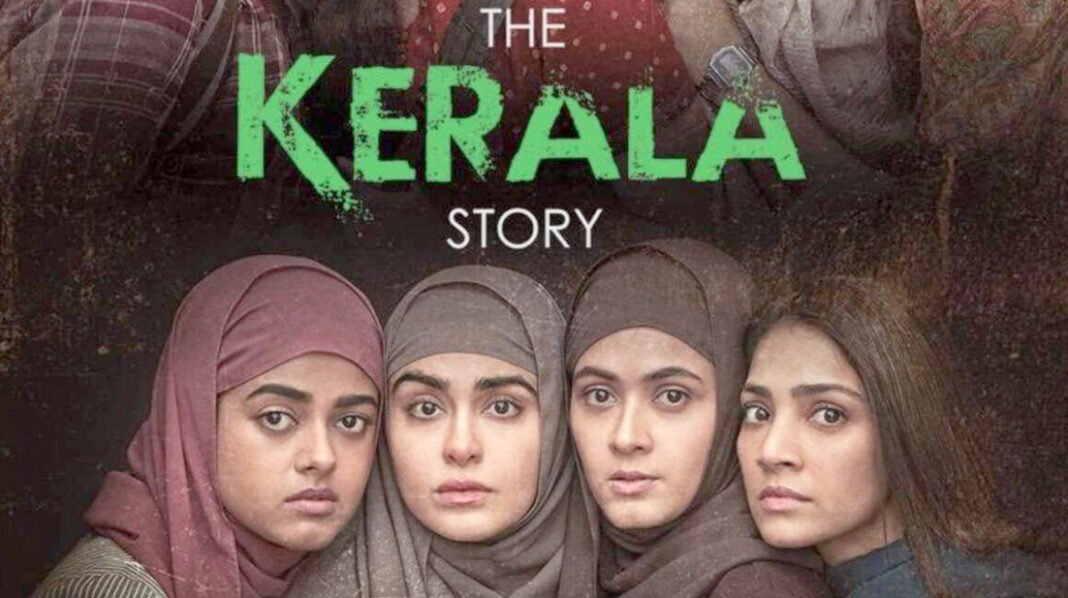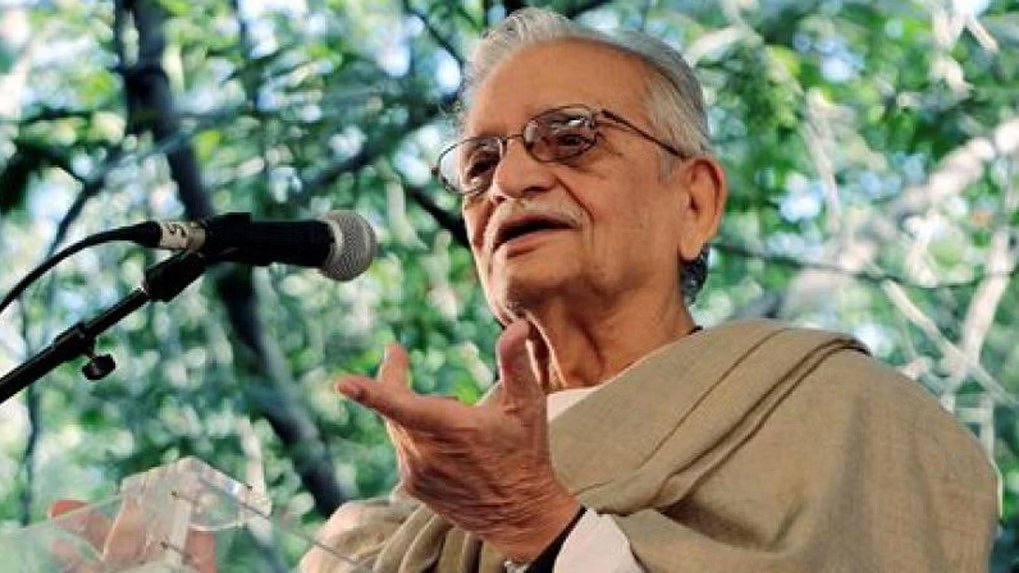By: Dr. Ratan Bhattacharjee
Since 1955 a number of films have been banned in India. Summertime was banned in 1955 because of its depiction of an American woman falling in love with a married Italian. In 1959 Neel Akasher Nichey, a Bengali film was banned for two months for overt controversies of sexual harassment overtones. It showed the troubles faced by an immigrant Chinese wage labourer in Calcutta of 1930. Gokul Shankar was a political film and it depicted the psychological motivations of Nathuram Godse. This was the main reason for banning the film in 1963. Release of Garam Hawa was held up by the censors for long eight months. During Indira Gandhi’s emergency period Aandhi was banned. But after the Janata Party’s win in 1977 election, it was released. Kissa Kursi Ka is a political spoof and it was banned by Congress for the reason of lampooning emergency in it.
The film Sikkim was showing the Chogyal ruled Sikkim as a sovereign state and it was banned for a few years in 1971. Pati Parameswar released in 1987 revealed a woman’s servility in a bad light and it was banned. In 1993 Kuttrapathrikai Rajiv Gandhi’s assassination was shown in the background and the film was banned. On the question of authenticity Bandit Queen was banned by Delhi High Court in 1994 because Phoolan Devi’s life was not shown in the right way. In 1996 Kamsutra was banned for overt sexual exhibition while for showing Lesbian relationship Fire was banned under the pressure of the fundamentalists. Paanch was banned for glorifying drugs. Hawayen was banned for focusing on Sikh genocide. In 2003 Pink Mirror was banned for homosexual content .In 2004 Final Solution was banned by Censor Board because it showed Gujarat riot of 2002. In 2005 Black Friday was banned for showing Bombay bombings. Same year Amu and Water were banned. Neelam based on Sri Lankan Civil War was also banned. These banning of films were mostly due to the displeasure of the rulers or apprehension of social violence. But the reasons for banning in some states of India Sudipto Sen’s The Kerala Story are still not very clear. Actually in some other states Government has made the film tax free. Never before India has seen this kind of politicalisation of a film. The saffron brigade is making the film almost a party dictates and even Prime Minister Narendra Modi openly lent support to the film. In Uttar Pradesh and Madhya Pradesh the film is being shown tax free. Contrary to it, in Tamil Nadu the government is restricting the film and even the High Court is moved.
In West Bengal Mamata Banerjee directly imposed ban on the film in spite of her very close associate in the loyal intellectual group eminent painter Suvaprasanna’s clear objection and scathing criticism. The ruling TMC is taking the banning of the film almost as a prestige issue for the party while BJP and other opposition parties are posing as mentors for the film. In this context the Supreme Court made a strong observation on the film. Makers of ‘The Kerala Story’ approached Supreme Court, seeking the removal of a ban on the film in West Bengal and its shadow ban in Tamil Nadu. The court issued a notice to West Bengal and Tamil Nadu on a plea of producers of the movie regarding the ban. CJI DY Chandrachud said the matter will be now heard on May 17. The Apex Court Chief Justice wanted to know why the state should ban the movie when it is being screened all over the country. People are the watchers of the film and they are the last to decide if the film can be seen or not. All are waiting to know the reply from the government of West Bengal and Tamil Nadu who are showing over sensitiveness to the film.
The movie revolves around three girls thought three months earlier to its release the number was focused as 32000. Finally the plot of The Kerala Story which is a 2023 film in Hindi language directed by Sudipto Sen and produced by Vipul Amrulal Shah follows the story of a group of women from Kerala who were converted to Islam and who were instigated to join Islamic State of Iraq and Syria (ISIS). Shalini played by (Adah Sharma), Geetnjali (Siddhi Idnani) and Nimah (Yogita Bihani) who study at National Nursing Institute in Kasaragod and are roommates. They are joined by Asifa (Sonia Balani) who deviously plans their conversion to Islam. Asifa’s intolerance towards Hindu Gods and Christian beliefs makes her appear pitiable. This unfair treatment seems not an attempt to create a character with gray shades but intended for religious polarisaion. The Left is also not spared. At the beginning of the movie one of the girls Geetanjali proudly claims that her father is an atheist and a Communist. She even quotes “Religion is the opium of the masses” often attributed to Karl Marx. However towards the end she accuses her father of keeping her away from religion, hinting that her Hindu background could have kept her safe. This is not creative freedom but religious propaganda at its best. The idea of the whole movie does not seem to expose how the IS has infiltrated the state. But by keeping IS in the background, the director has painted a whole community in a bad light. It is alleged that the facts in the film are undercooked and there is a negative portrayal of Muslims and it is most likely to turn the minority away from the theatre even if it is not banned. The apprehension of those who spoke in favour of its ban is that it would spread communal disturbances in the state though the CJI himself raised the question about it. What is more the film is going to have box office hit with houseful board seen in front of all the cinema halls which are showing it. Kerala which is mentioned in the title is not doing anything against it for banning the film. In West Bengal many viewers have been assaulted in front of the cinema halls which are showing it.
It may be argued that the title The Kerala Story itself is too far-fetched as the protagonist though shown as a Malayali does not speak fluent Malayalam. Just because three Malayalis from different parts of Kerala join an institute and become victims of radicalization, it cannot be termed The Kerala Story. The film is not set in Kerala though a few elements that are depicted happened in Kerala and here we cannot exactly take it as a Kerala story or we cannot relate to the Malayali girls in the film. A controverter Muslim woman Fatima Ba tells the story of her ordeal of how she once wanted to become a nurse but was abducted from her home and manipulated by religious vanguard turned into an ISIS terrorist and landed in the jail of Afghanistan. The Supreme Court and several High Courts earlier refused to interfere in the release and screening of the film. “You must think of the actors, producer… You must be very careful about staying films. The market will decide if it is not up to the mark,” a bench led by Chief Justice of India DY Chandrachud had said while dismissing a petition to scrap the film board certificate. It may be a polarising story not backed by strong facts. Earlier politicalisation occurred regarding Kashmir Files and Padmavat and both BJP and the other political parties raised similar controversial stand as opposers and supporters all over the country. Once upon a time, the dramas like Holla Bol of Safder Hashmi on the streets of Delhi created similar controversies. Politicalisation of films and movies and banning fatwa are not very uncommon things. What is painful is that leaders of these parties have themselves never watched any film. Kings see through ears and they became vocal only when they think their concern about any film displayed in public will give mileage.
Thus, regarding The Kerala Story the politicians are seen divided in sharp lines. Union Minister Anurag Thakur who supported it following Prime Minister Modi, went to 180 degree opposite to raise the question, “a state like Bengal by banning the film, is doing a great wrong. Don’t they want to allow anyone to speak the truth? What do you (Mamata Banerjee) get out of standing by terror organisations?” This mutual mudslinging on a film and politicalisation in its worst form is unexpected as it curtails the freedom of artist. By banning a book or a film, we have only made them more popular and this is seen in the past all over the globe. Kerala Chief Minister Pinarayi Vijayan earlier set the ball rolling when he said about the Kerala Story such “propaganda films” should be seen in the context of right wing efforts to gain political advantage.” Chief Minister of MP Shivraj Singh Chouhan who made the film tax free has said that it “exposes the conspiracy of love jihad, religious conversion and terrorism”.
Whatever it is, The Kerala Story may be a polarising story and even it may not be backed by strong facts. The audience will automatically reject it for the bad quality of production and false concoction of facts. So its banning cannot be justified on the ground that the audience will be swayed by the film and communal riots will occur or Hindus will be converted to Muslims or terrorists will start functioning because of the film. On the contrary, such banning will make the film more popular and even a box office hit. What Joseph Brodsky says about the banning of books without reading is applicable for those who advocate ban on films without seeing it. “There are worse crimes than burning books. One of them is not reading them.” Did they all watch the film at all who are seen too much vocal for banning The Kerala Story – this is a million rupee question today. (The author is an International visiting faculty USA universities and a trilingual writer. He may be reached at profratanbhattacharjee@gmail.com)







